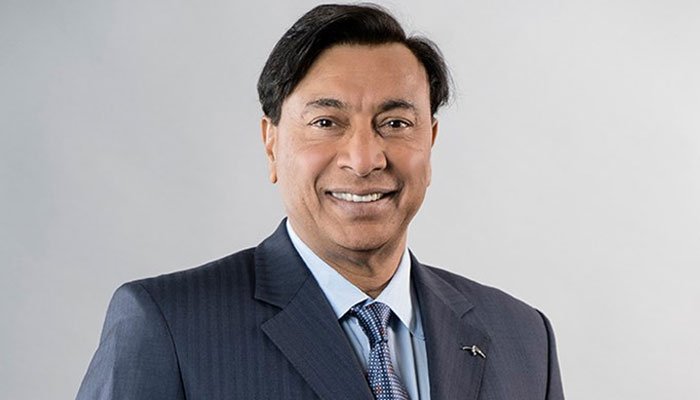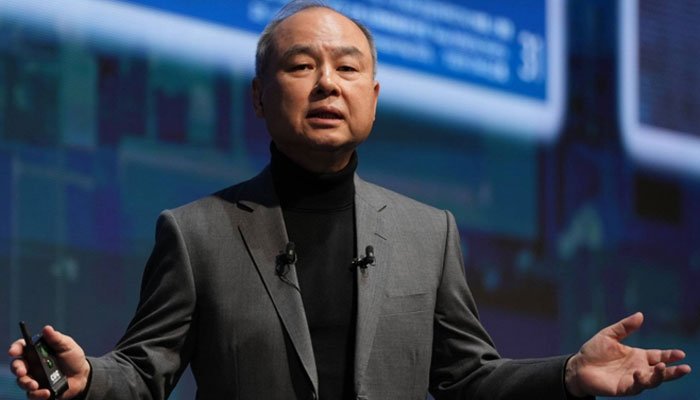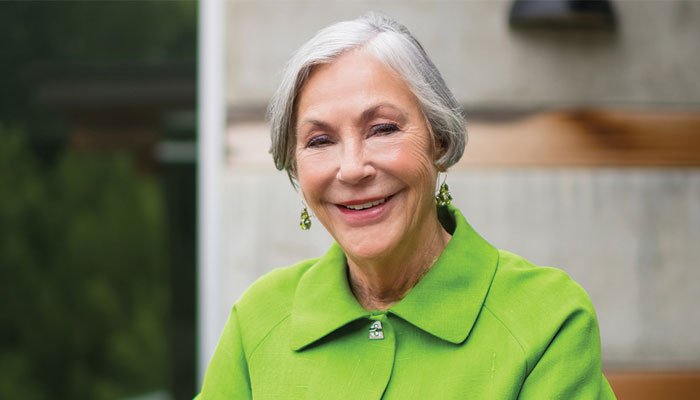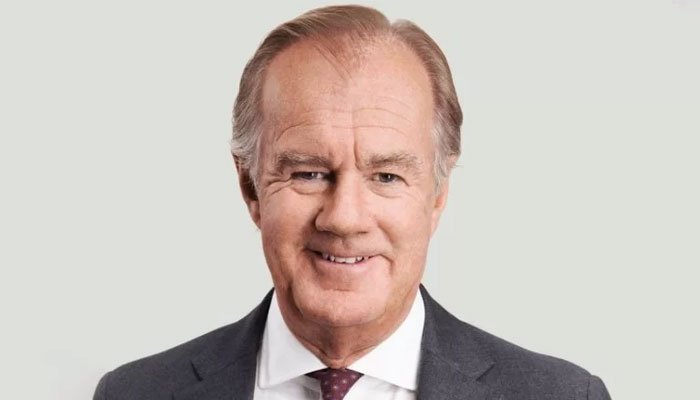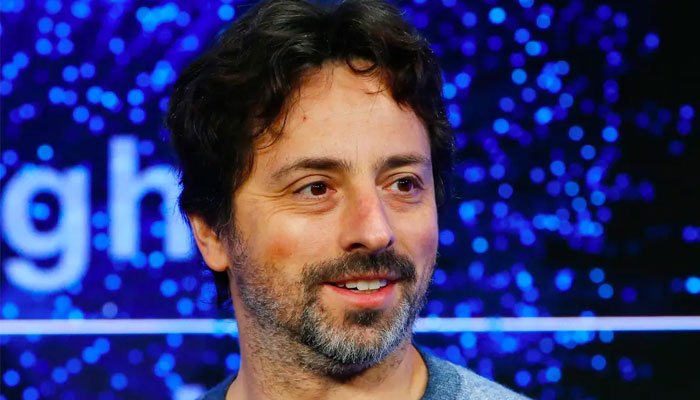Born: October 28, 1955 Bill Gates is an American entrepreneur, software developer, philanthropist, and author. He is most renowned as the co-founder of Microsoft Corporation, which significantly influenced the personal […]
Philip Anschutz
Born: December 28, 1939 Family and Early Life: Philip Anschutz was born on December 28, 1939, in Russell, Kansas. Growing up in a modest family, he encountered numerous challenges early […]
Lakshmi Mittal
Born: June 15, 1950 Family and Early Life: Lakshmi Mittal was born on June 15, 1950, in Rajgarh, Rajasthan, India. Growing up in a modest, business-oriented family, he faced early […]
Masayoshi Son
Born: August 11, 1957 Family and Early Life: Masayoshi Son was born on August 11, 1957, in Tosu, Saga Prefecture, Japan. Growing up in a modest environment, he encountered various […]
Alice Walton
Born: October 7, 1949 Family and Early Life: Alice Walton was born on October 7, 1949, in Newport, Arkansas. Growing up in a family deeply involved in business, she had […]
Stefan Persson
Born: October 4, 1947 Family and Early Life: Stefan Persson was born on October 4, 1947, in Stockholm, Sweden. Growing up in a family deeply involved in business, he was […]
Sergey Brin
Born: August 21, 1973 Family and Early Life: Sergey Brin was born on August 21, 1973, in Moscow, Russia. His family emigrated to the United States when he was six […]
Warren Buffett
Born: August 30, 1930 Family and Early Life: Warren Buffett was born on August 30, 1930, in Omaha, Nebraska. Growing up in a supportive family environment, he developed an early […]
Louis Vuitton
Born: 1821 Died: 1892 Louis Vuitton is unarguably the most adored fashion mogul in the history of mankind. The man has ruled the fashion industry for several decades, even after […]


